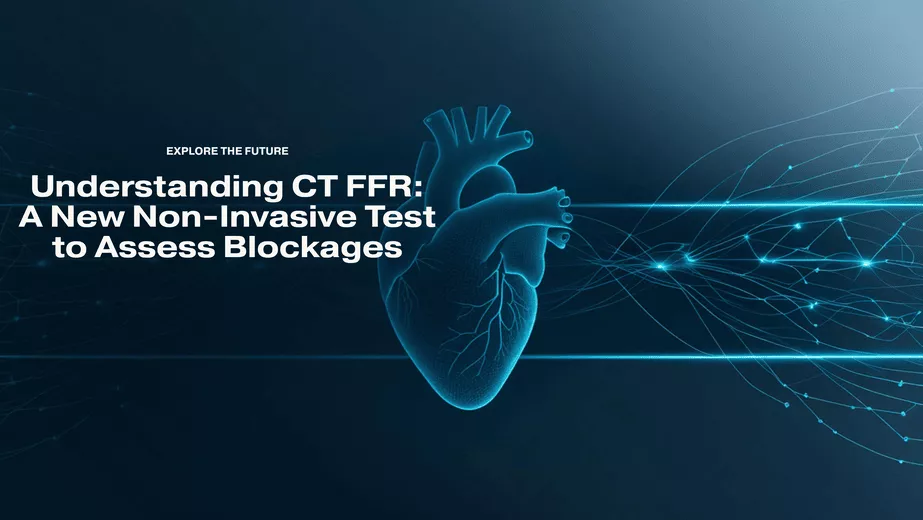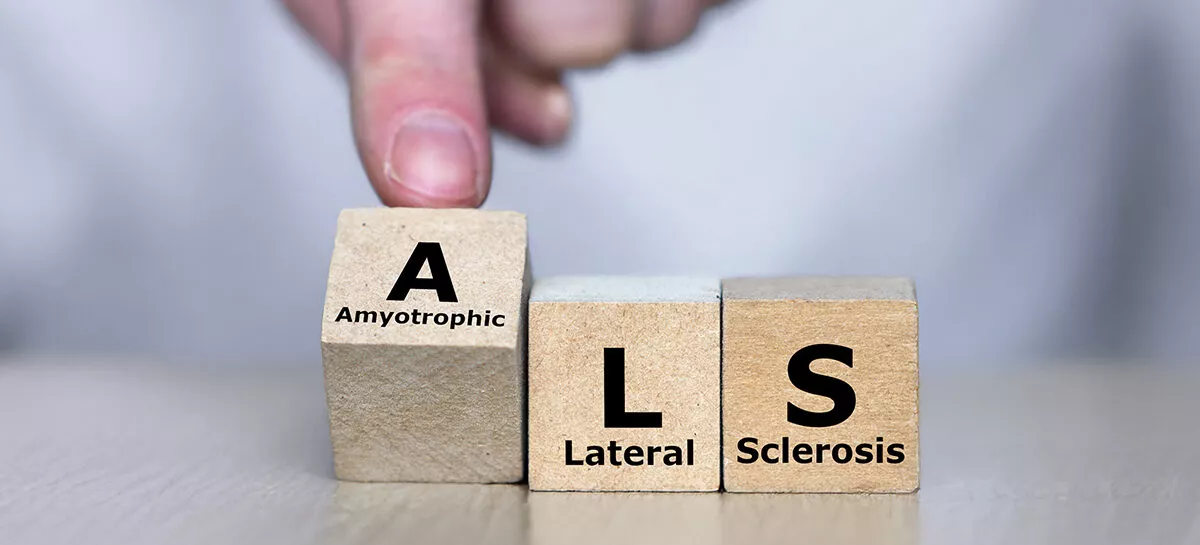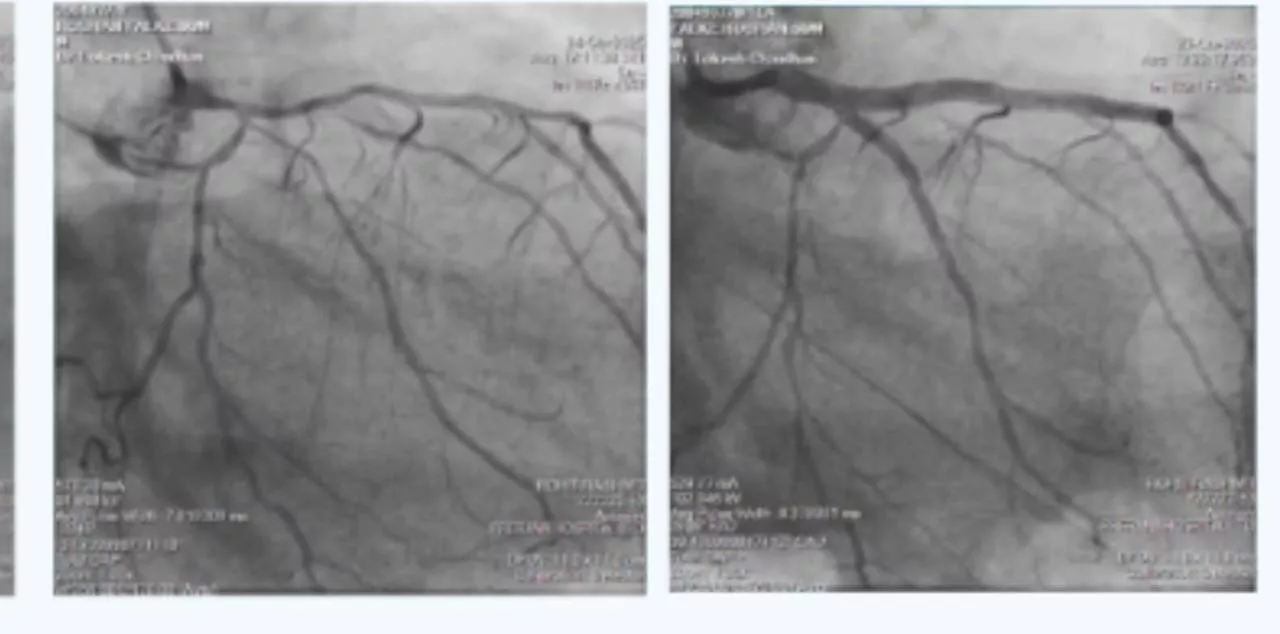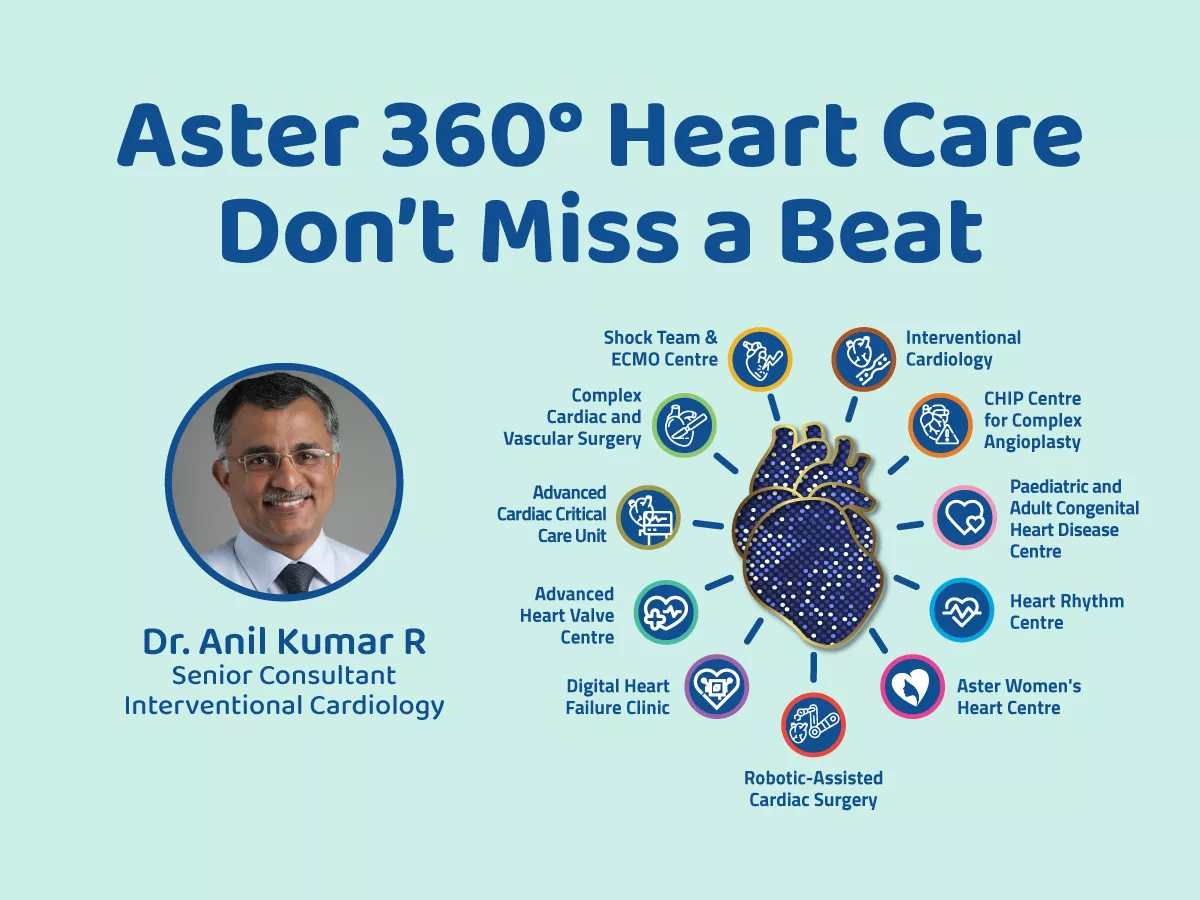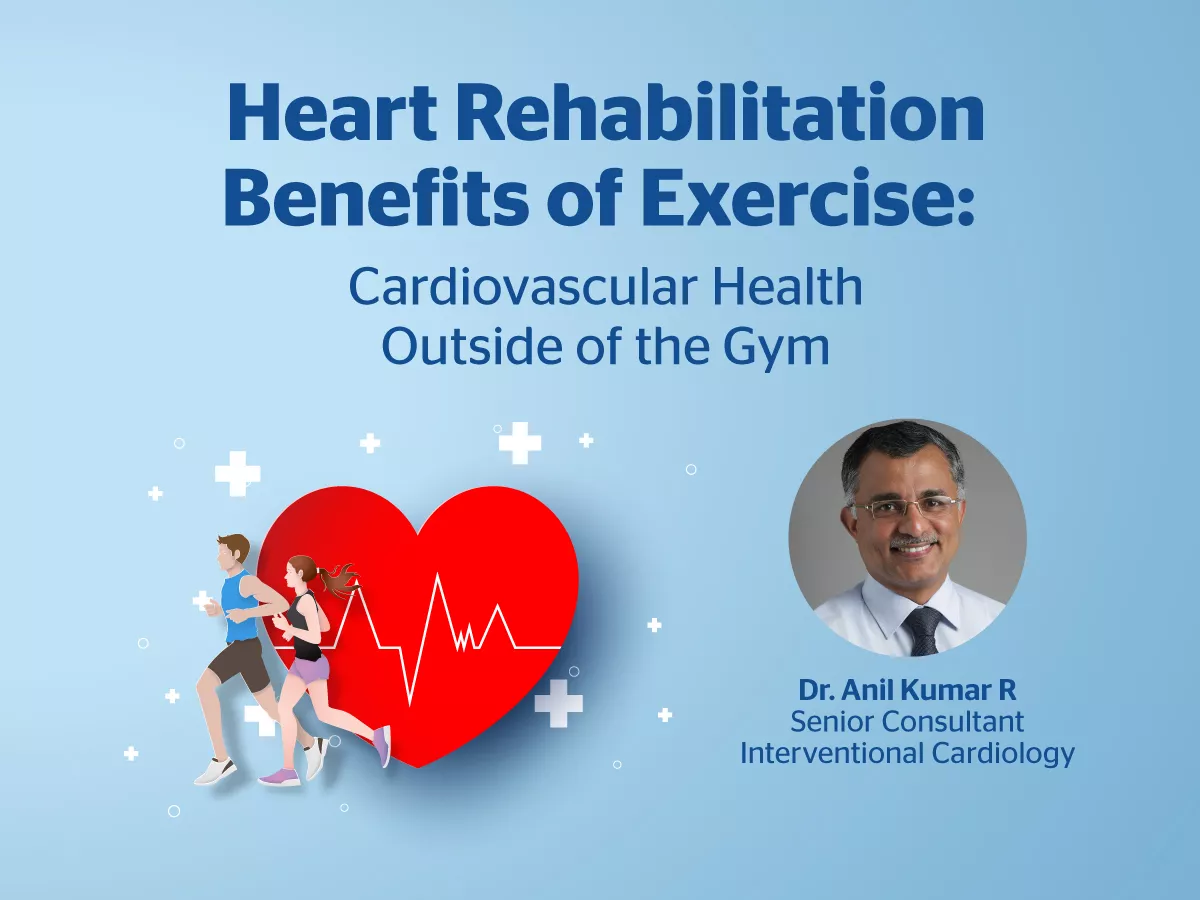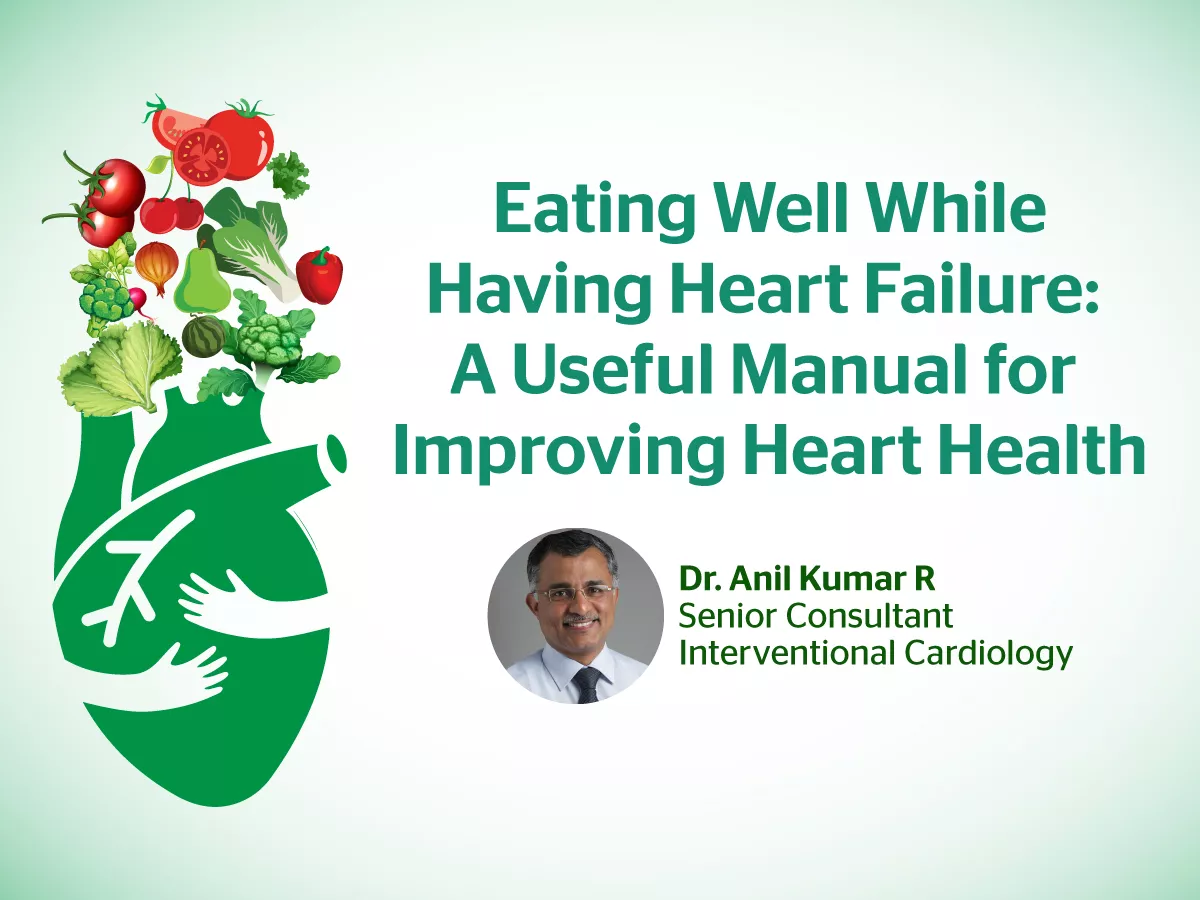Heart attacks and cardiovascular disorders have long been a serious public health concern. However, it is only in recent times that researchers have detected and recorded the growing incidence of heart attacks in the younger population. While doctors and medical professionals have yet to establish clear solutions to such incidents, they have deciphered a few elements that may be contributing to them.
What is a heart attack?
A heart attack is a life-threatening medical condition that is medically called myocardial infarction occurs when blood flow to the heart is obstructed by a blockage or blood clot in the arteries. The coronary arteries can narrow and a heart attack occurs, when blood flow to the heart is unexpectedly stopped due to plaque build-up. Cholesterol deposits called Plaques can also be the reason for arteries to constrict, limiting blood flow to the heart. Heart attacks are deadly and they require prompt medical attention when they occur.
What leads to heart attacks in youngsters?
Cardiovascular disorders have been around since the beginning of humankind. It is not something that has been recently diagnosed or discovered. However, these conditions have begun to afflict the younger population, straying from their usual pattern of targeting the elderly and those with pre-existing heart ailments. Heart attacks have sparked anxiety and prompted questions about the science underlying them. High BP, high cholesterol are the common causes of heart attacks. These risk factors occur more commonly in the youngsters due to lifestyle. Although there is no specific age at which you are more likely to have a heart attack, your lifestyle choices, physical activity, diet and stress management can all increase your chances of heart attack.
Reason for heart attack at a young age
The majority of heart attacks are caused by coronary artery disease. One or more of the heart's arteries become clogged in coronary artery disease. This is caused due to plaques, which are cholesterol-containing deposits. There is a possibility of a blood clot in the heart if a plaque bursts open.
A total or partial blockage of a heart artery can induce a heart attack. An electrocardiogram (ECG or EKG), displays specific changes (ST elevation) that helps to diagnose heart attacks. ECG data may be used by your doctor to diagnose different types of heart attacks. The two main types are:
Acute full blockage: This blockage of a medium or large heart artery usually indicates a myocardial infarction with ST elevation (STEMI).
Partial Blockage: You have probably had a non-ST elevation myocardial infarction if you have a partial blockage (NSTEMI). Some persons with NM –ST elevation MI also may have a complete blockage.
Blocked arteries do not cause all heart attacks. Other factors to consider are:
- Spasm of the coronary arteries: This is a strong squeezing of a blood vessel that is not obstructed. In such cases, the artery has already been hardened due to smoking or other risk factors.
- Other infections: Other infections like Coronavirus Disease 2019 can also be linked to clot formation in the arteries to the heart.
- Coronary artery dissection (SCAD): A rip in a cardiac artery causes this life-threatening disorder.
What are the risk factors?
Some of the common risk factors that cause cardiovascular disorders are:
Age: Men and women in their fifties and sixties are more likely than younger men and women to have a heart attack.
Tobacco consumption: This includes smoking and long-term second-hand smoke exposure. Quit smoking if you're a smoker.
Blood pressure that is too high: Over time, high blood pressure can damage the arteries that supply blood to the heart.
Cholesterol or triglyceride levels that are too high: A high amount of low-density lipoprotein cholesterol is the most common cause of artery narrowing. A high level of triglycerides (blood fat) also increases the risk of a heart attack.
Obesity: Obesity has been associated with high blood pressure, diabetes, high triglyceride and bad cholesterol levels.
Diabetes: When the body does not create enough insulin or cannot utilise it properly, blood sugar levels rise & when the sugar levels are high, one is more likely to get a heart attack.
Metabolic syndrome: This condition is caused by a wide waist (central obesity), high triglycerides, high blood pressure, low good cholesterol and excessive blood sugar. If you have metabolic syndrome, you are twice as likely to experience heart disease than someone who does not.
Heart attacks run in the family: You may be at higher risk if a sibling, sister, father or grandparent had a heart attack at a young age (by age 55 for men and 65 for women).
Usage of drugs: Stimulants include cocaine and amphetamines. They can cause a heart attack by causing a coronary artery spasm.
How do you avoid a heart attack at a young age?
One of the most effective protection against any form of heart disease is lifestyle control. We can reduce the risk of having a heart attack through a healthy lifestyle. The following are some examples of heart-healthy habits:
- Reduce intake of processed foods and follow a heart-friendly diet.
- Reduce the consumption of alcohol.
- Regular preventive health screenings are recommended.
- Yoga can help reduce stress levels.
- Tobacco usage in any form should be avoided.
- Exercise should be practised consistently.
- Be aware of the warning signs and symptoms of heart disease.
If you have a heart condition, try visiting Kerala as it is renowned for providing the best treatment related to heart problems. Try consulting with some of the best cardiologist in Kochi who can help you determine the cause and the best treatment plan. You can also consider seeking care at a reputed cardiology hospital in Kochi Kerala, where expert teams and advanced technology ensure comprehensive heart care for patients of all ages.
FAQs:
1. How is a heart attack to be perceived?
A heart attack is considered a medical emergency.
2 . What is the concern after recovering from a heart attack?
Patients who have already experienced a heart attack are at a greater risk of another attack. Therefore, they should take medication regularly, be aware of the risk factors, and be ready to call for help if symptoms begin. If they follow medical advice, more people can still lead an active life.
3. What are the common risk factors that exist for coronary artery disease?
High BP, high cholesterol, smoking and a family history of heart disease.
4. What dietary changes can I make to reduce my heart disease risk?
Following a heart-healthy diet is a powerful way to reduce the risk of heart disease.
5. How do I know if my heart is fine?
Test yourself with a pulse monitor or blood pressure cuff to check your heart rate and BP at home.


